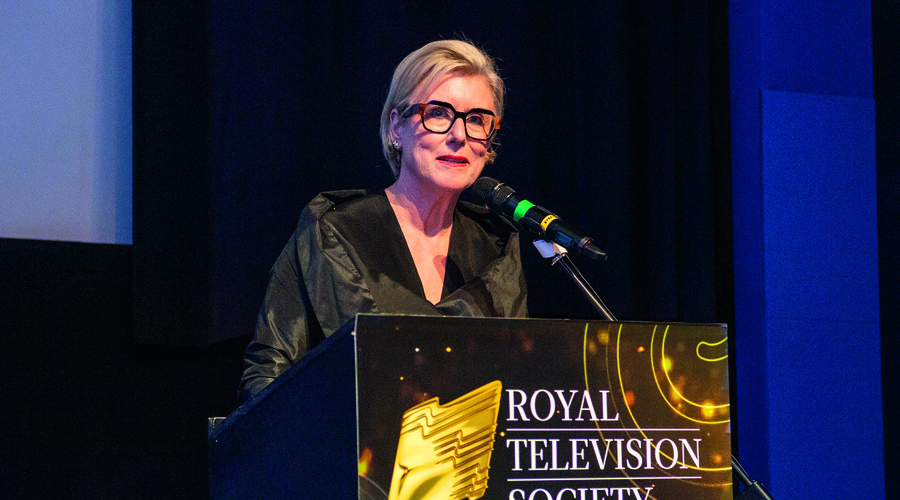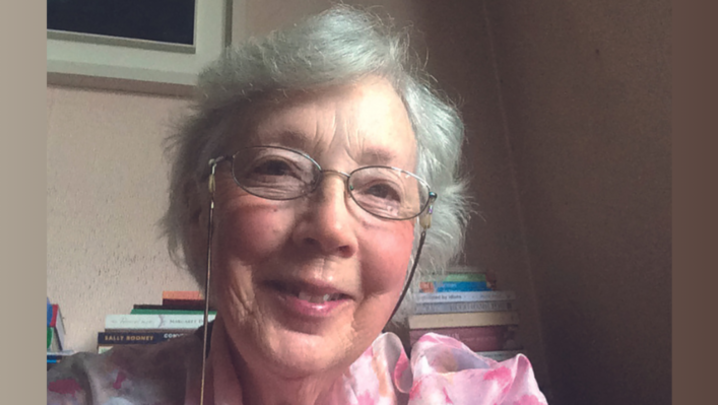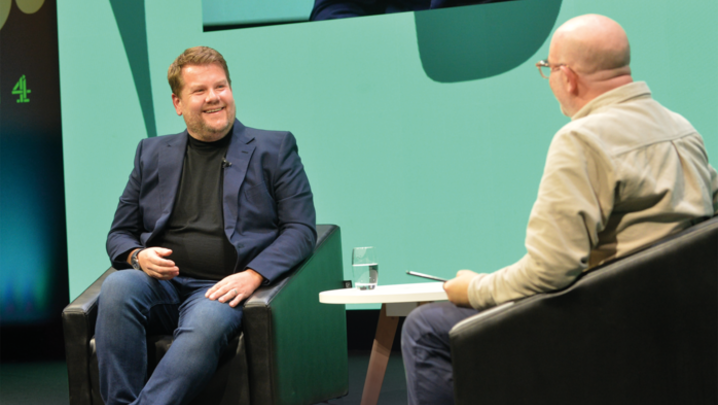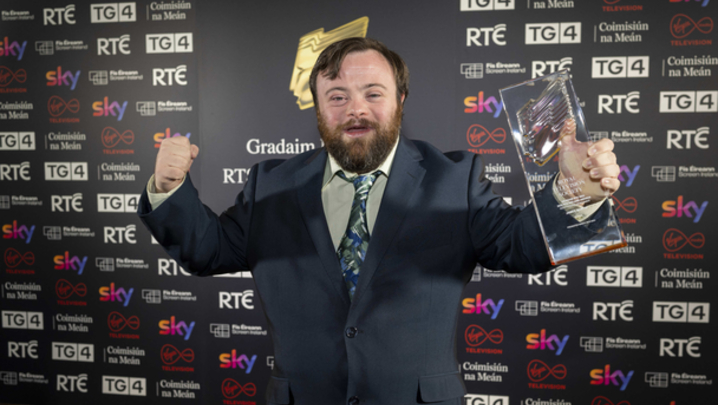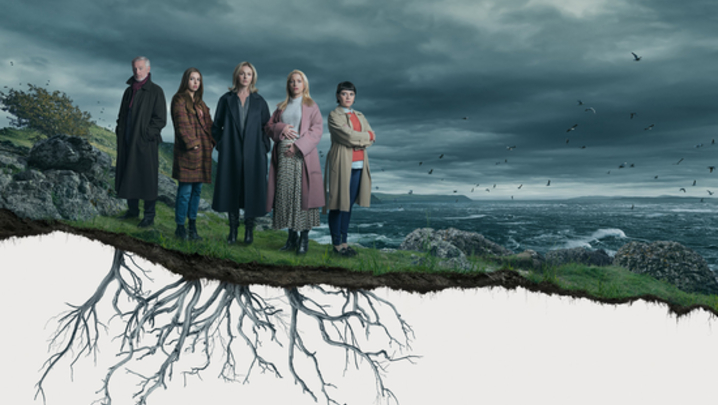Agnes Cogan picks through Moya Doherty’s inaugural Gay Byrne Memorial Lecture in Dublin
"I am convinced that public service broadcasting is essential to public life in contemporary Ireland, [but] I am also aware that what we have traditionally understood to be public service broadcasting may no longer be fit for 21st-century purpose.”
These were the forceful opening remarks of Moya Doherty in delivering the RTS Republic of Ireland’s inaugural Gay Byrne Memorial Lecture at the Light House Cinema, Dublin, this month.
Byrne, a legendary figure in Irish broadcasting, became the first host of the long-running chat show, The Late Late Show, in 1962 and continued until 1999.
Doherty’s lecture shed some light on public service broadcasting – what it is, what it’s for and what its future is.
Now best described as an entrepreneur, Doherty has been an RTÉ producer, including co-creating Riverdance, and managing director of one of Ireland’s most successful indies, Tyrone Productions. She also spent eight years as Chair of the RTÉ Board.
RTÉ is currently engulfed in a financial and governance scandal, which began when Ireland’s national broadcaster disclosed hidden payments to another The Late Late Show host, Ryan Tubridy. The scandal cost Tubridy his job and RTÉ Director-General Dee Forbes was suspended and subsequently resigned.
Doherty said: “One of the great sadnesses of this period is that serious errors of judgement have come to be seen as defining RTÉ rather than the exceptional work and societal benefit it engenders during, for example… the pandemic [and the] 2016 centenary.”
In her lecture, Doherty called for a total overhaul of the system of broadcasting in Ireland, which is now funded by advertising revenue and a licence fee. She argued that public service broadcasting should not be restricted to news and current affairs.
Her recommendation to achieve this was a coalition of public and private bodies, rather than a monolithic structure which is, more or less, under state control.‘
"Public service broadcasting may no longer be fit for purpose"
She said: “Public service media must evolve into a wider collaborative partnership of key delivery partners, a partnership which includes, of course, government.
“The public service media organisation should, in such a partnership, become a social and cultural broker for the creative industries space as a whole, acting as the driver and facilitator for new and groundbreaking productions.
“It should be the space where the most challenging and important debates take place, not just about news and current affairs but about the social and cultural dividend which can emanate from such a partnership.
“In this partnership model, the public service body becomes the place where innovation, research and experimentation take place, addressing, and hopefully offering possible solutions to, problems, technical and societal, which individual organisations and bodies would not have the expertise or resources to address.”
Doherty concluded: “It is imperative that public service media finds a form where it represents truth and trust to the people it serves… but it must make sure that, in developing its new model, no one is left behind.”
The broadcaster Pat Kenny, the successor to Byrne as host of The Late Late Show, hosted the lecture.
Among the audience were Kevin Bakhurst, the new Director-General of RTÉ, Paul Farrell, MD of Virgin Media Ireland, and JD Buckley, CEO of Sky Ireland.

